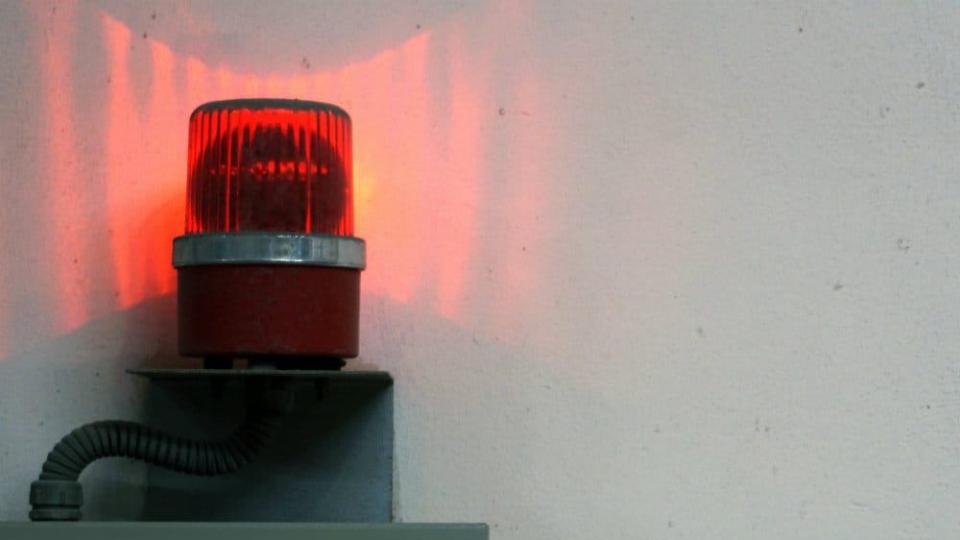Could CIBC (TSX:CM) Cut Its Dividend?

Millions of North American investors own Canadian banks because these financial institutions dominate the domestic market, deliver oodles of predictable profits, and have solid growth prospects outside of Canada.
These factors all translate into the real reason why most investors own bank stocks in general. Canada’s top banks pay some of the best dividends around, payouts that have decades of history behind them. Bank stock yields are also quite robust when compared to fixed income offerings. Investors enjoy the underlying strength of the business, but ultimately they care most about their sweet dividends. I can’t say I blame them.
To ensure safe dividends for years to come, investors must periodically analyze their holdings and see whether there’s any risk of a dividend being cut. Most folks will say there’s practically zero chance of Canada’s banks cutting their payouts, but I’m not so sure I’d be that certain.
Let’s take a closer look at the dividend strength of the best yielding bank of Canada’s so-called big five, CIBC (TSX:CM)(NYSE:CM). Is there any risk to the stock’s 5.1% payout?
Payout ratio
Like most other names in the sector, CIBC targets a 50% payout ratio. The other half of its earnings gets reinvested into the business, primarily into acquisitions.
CIBC currently pays a $5.76 per share annual dividend. Analysts estimate the company will earn $9.13 per share in fiscal 2019, with that number increasing to $9.33 per share in 2020. This gives CIBC payout ratios of 63% and 62%, respectively.
That’s a little high, but investors shouldn’t be worried based on the payout ratio alone. Earnings should increase as the bank’s U.S. operations really start adding to the bottom line, and Canadian assets should grow a little faster than the underlying economy.
In other words, there’s little to worry about unless CIBC’s earnings fall off a cliff. What are the chances of that happening?
Risk factors
There’s one giant risk factor staring CIBC investors square in the face, and it’s something everyone has seen coming, too.
Yes, I’m talking about the Canadian real estate bubble, particularly real estate in Toronto and Vancouver. Various analysts have declared both of those markets to be among the most unaffordable in the entire world.
I think both of these markets are expensive for a reason. There’s simply too many people who want to move to these two world-class cities, and housing starts just can’t keep up. Both markets are handicapped by geographical restrictions, too. And a steady flow of immigrants – who will naturally flock to Vancouver and Toronto because so many other recent immigrants also live there – will ensure demand stays strong.
But what if I’m wrong and housing demand suddenly dries up? Or perhaps we get a recession and it hits the real estate market hard. How will that impact CIBC’s dividend?
The short answer is it won’t be good, obviously. The bottom line will undoubtedly decrease as the company writes off scores of bad loans. Mortgage defaults will rocket higher, but the impact of that will be lessened by mortgage default insurance kicking in.
We must remember that CIBC didn’t cut its dividend back in the 2008–09 period, although the bank did pause dividend growth for several years. This bodes well for any future recessions, since they’ll likely be less severe than the event that brought the global banking system to its knees.
The bottom line
Personally, I think the risk of CIBC slashing its dividend is remote. It still easily earns enough to cover the payment, and I just don’t see the housing market crashing in a big way.
Saying that, however, I’m the first to admit a dividend cut is possible if we get a particularly nasty recession. CIBC would likely be among the most vulnerable of the banks in such a scenario because its payout ratio is a little high.
More reading
Fool contributor Nelson Smith owns shares of CANADIAN IMPERIAL BANK OF COMMERCE.
The Motley Fool’s purpose is to help the world invest, better. Click here now for your free subscription to Take Stock, The Motley Fool Canada’s free investing newsletter. Packed with stock ideas and investing advice, it is essential reading for anyone looking to build and grow their wealth in the years ahead. Motley Fool Canada 2019

 Yahoo Finance
Yahoo Finance 